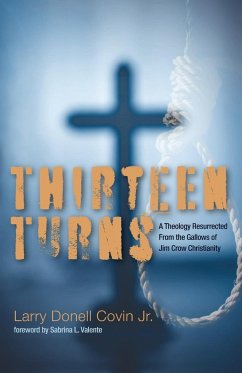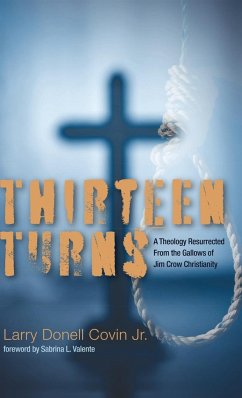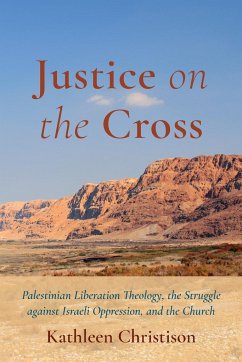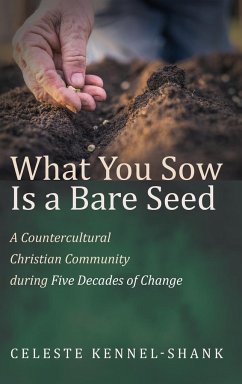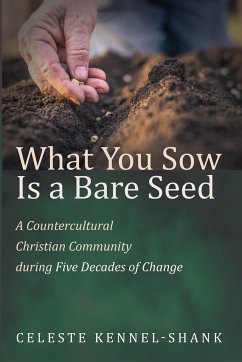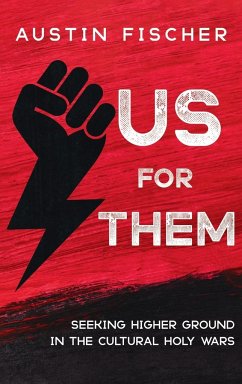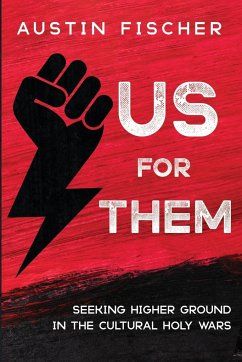It is remarkable that African Americans, the descendants of slaves, embrace Christianity at all. The imagination that is necessary to parse biblical text and find within it a theology that speaks to their context is a testimony to their will to survive in a hostile land. Black religion embraces the cross and the narrative of Jesus as savior, both theologically and culturally. But this does not suggest that African Americans have not historically, and do not now, struggle with the reconciliation of the cross, black life, suffering. African Americans are well aware of the shared relationship of Christianity with the white oppressors of history. The religion that helped African Americans to survive is the religion that was instrumental in their near genocide.
Hinweis: Dieser Artikel kann nur an eine deutsche Lieferadresse ausgeliefert werden.
Hinweis: Dieser Artikel kann nur an eine deutsche Lieferadresse ausgeliefert werden.

